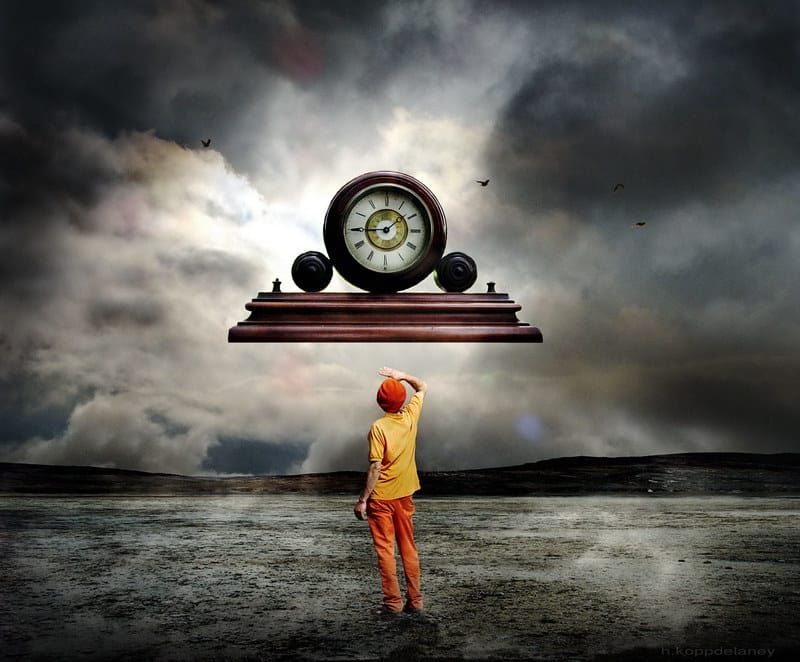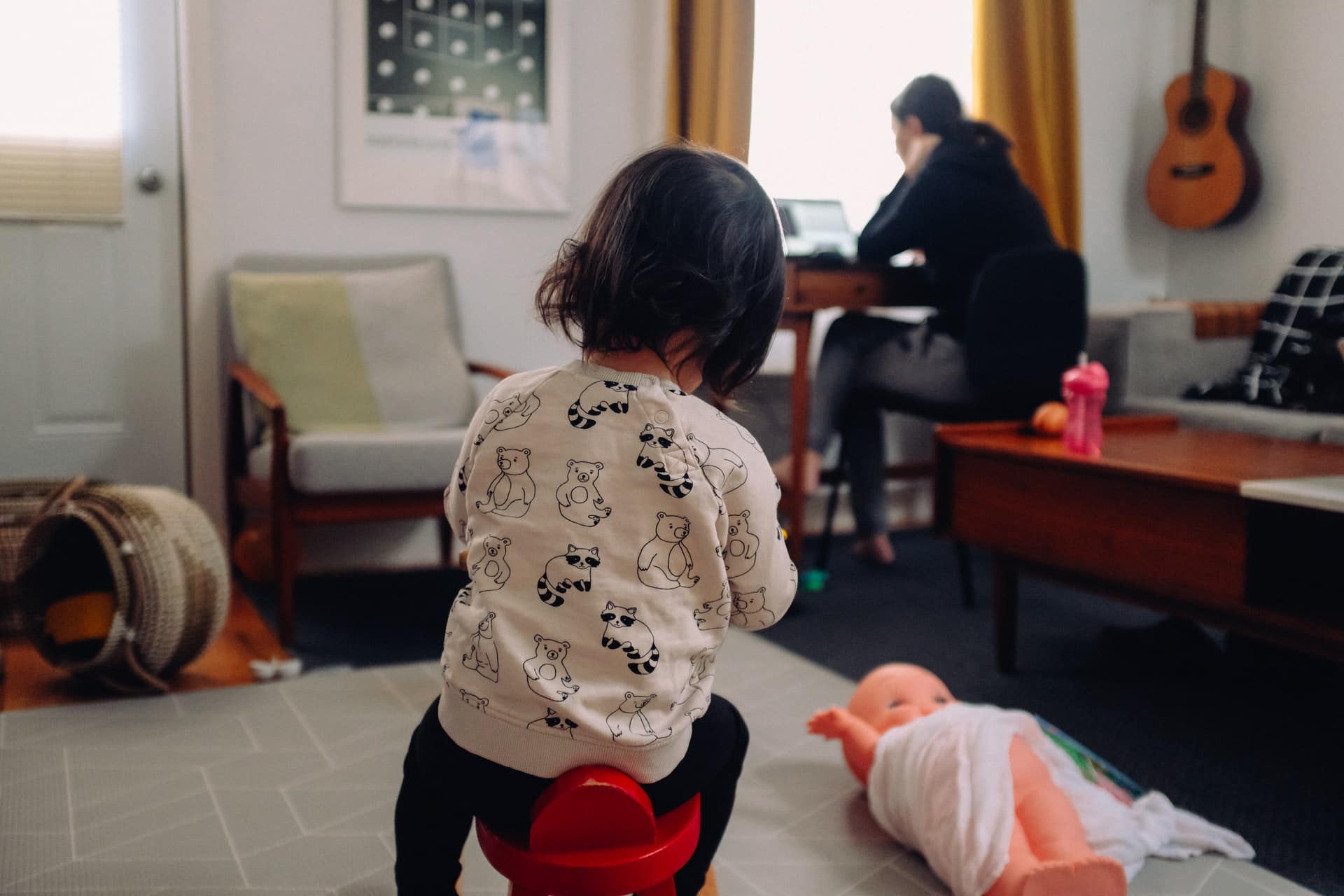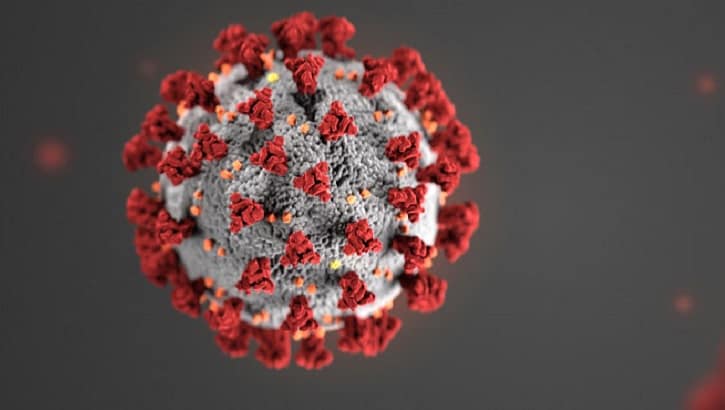Communicating about chronic fatigue. And what psychology can teach us about it. Are psychological symptoms less real than physical ones?
Is love truly more blind than ever? With the rapid rise in the popularity of dating apps during the pandemic, it has become difficult to create (intimate) connections. This blog post talks about the possible downsides and positive aspects of virtual dating and invites the readers to reflect upon their own dating experiences.
Humans tend to perceive time as passing at confusing speeds. This blog post explores the mechanisms that underlie the time distortions experienced by many of us, especially during the pandemic.
Two years into the pandemic university staff at all levels have invested a lot of time and energy in transitioning to online teaching, supervision, and virtual work. YESS BSS surveyed early career researchers to learn more about their concerns. They suggest improvement could be made in offering support, reducing (or compensating for) teaching load, and considering career opportunities.
The COVID-19 crisis has affected all our lives, including our work life and well-being. How can you help yourself, colleagues and friends during these times? How can you avoid making it even worse? In this post, Iustina Armasu gives some evidence-based tips about what to do, and what to avoid.
Not only has COVID-19 been dominating global and international news for several months now but it’s also the main topic in conversations with friends and family. This post connects the Dunning-Kruger effect to a dangerous development of opinions and beliefs which can have severe consequences.
This article summarizes the results of a survey conducted by YESS BSS along with a response of the Faculty Board. The authors contextualize the findings in the larger academic context and call upon the faculty to specifically address concerns regarding declining research progress and mental health.
The pandemic and self-isolation can help us to reflect on relevant topics. The post reflects on the experience of a PhD student being far away from her homeland during COVID-19 outbreak, the equilibrium between solitude and interpersonal relationships, highlighting the relevance of social interactions in the development and construction of ourselves.
Prof dr Casper Albers reflects on the numbers, and the rhetoric, of the corona crisis. (How do you tell the truth in a way that’s helpful both to the public and to policy-makers?)









